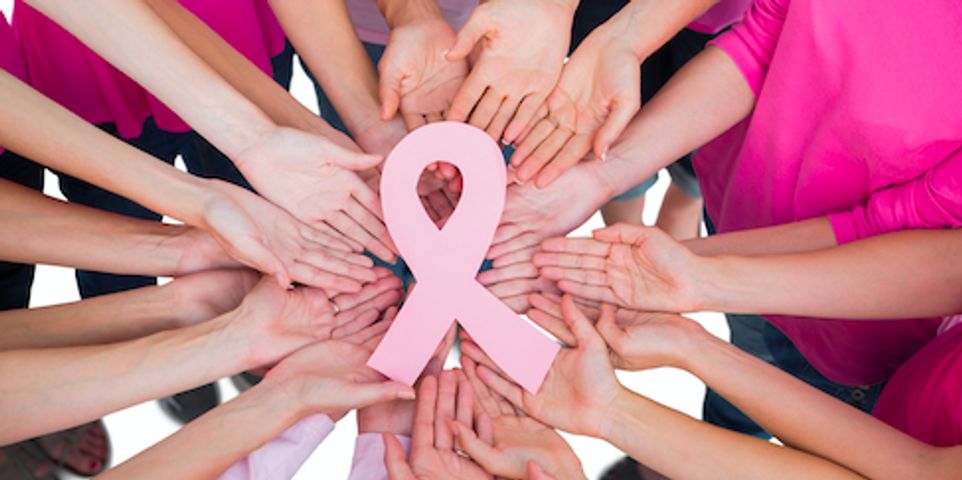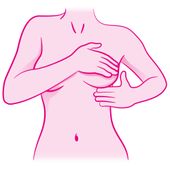
When it comes to your health, it’s important to have trustworthy information from reliable sources. However, with the vast amount of data available online, it’s harder to weed out fact from fiction. Here, the medical professionals of Alaska Oncology and Hematology, LLC in Anchorage address a major health topic—breast cancer—and clarify some common myths about this condition.
1. Smaller Breasts Mean Less Risk
Cup size makes no difference in your susceptibility to breast cancer. This cancer develops in the cells lining the ducts that carry milk to the nipple. Every woman has the same number of cells here, regardless of breast size.
2. Breast Cancer Is Mostly Genetic
Only 5 to 10% of breast cancer cases are due to the “faulty” BRCA1 and BRCA2 genes that scientists have identified. Many factors are believed to lead to breast cancer, and no single cause has been identified.
3. Mammograms Cause Breast Cancer
The amount of radiation used in a mammogram is minuscule, and the benefits of early detection far outweigh any possible risk.  In addition to performing monthly self-exams, the American Cancer Society recommends women ages 45 and over receive a mammogram every year.
In addition to performing monthly self-exams, the American Cancer Society recommends women ages 45 and over receive a mammogram every year.
4. Deodorants & Antiperspirants Increase Your Risk
Despite longstanding internet rumors, scientific studies have shown no evidence that the ingredients in deodorants or antiperspirants increase your risk of breast cancer.
5. Water Bottles Contribute to Cancer
Another common misconception about the causes of cancer lay blame on single-use plastic water bottles. The claim is that dioxins leach from the plastic into the water if the bottle gets hot. However, the plastic used to make these bottles does not contain dioxins.
6. Only Older Women Get Breast Cancer
Breast cancer can affect women at any age. Approximately 7% of women with breast cancer are diagnosed before they reach 40. Men are at risk too; while it’s less common, men should also perform self-exams each month.
7. A Lump Means Cancer
Finding a lump in your breast is an alarming experience, but it’s important to remain calm. Some 80 to 85% of lumps turn out to be benign. See a doctor as soon as possible to get tested.
If you have questions or are in need of breast cancer treatment in the Anchorage area, look to Alaska Oncology and Hematology, LLC. Offering state-of-the-art care in a friendly environment, they will be happy to help you. Visit their website or call (907) 279-3155 to request an appointment with an oncologist.
About the Business
Have a question? Ask the experts!
Send your question

